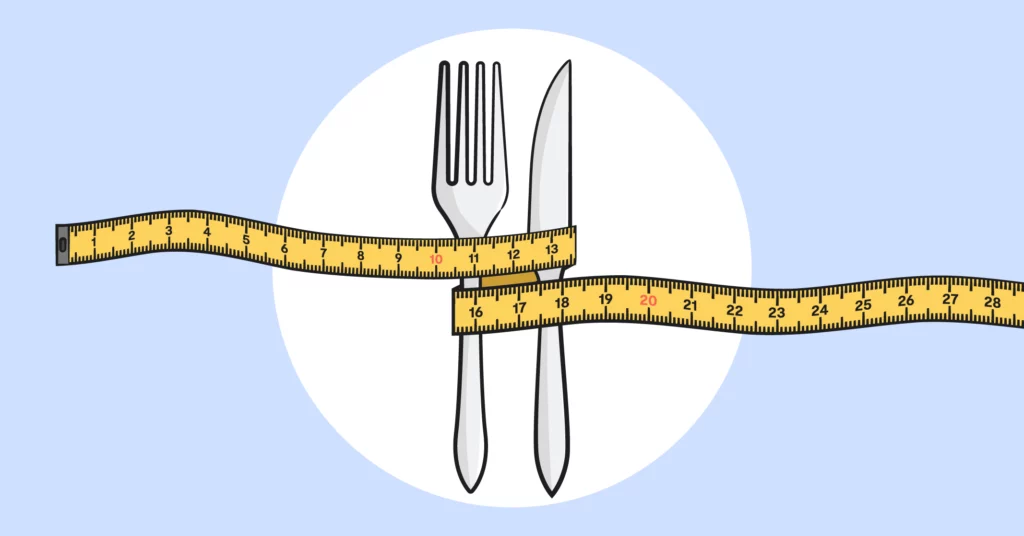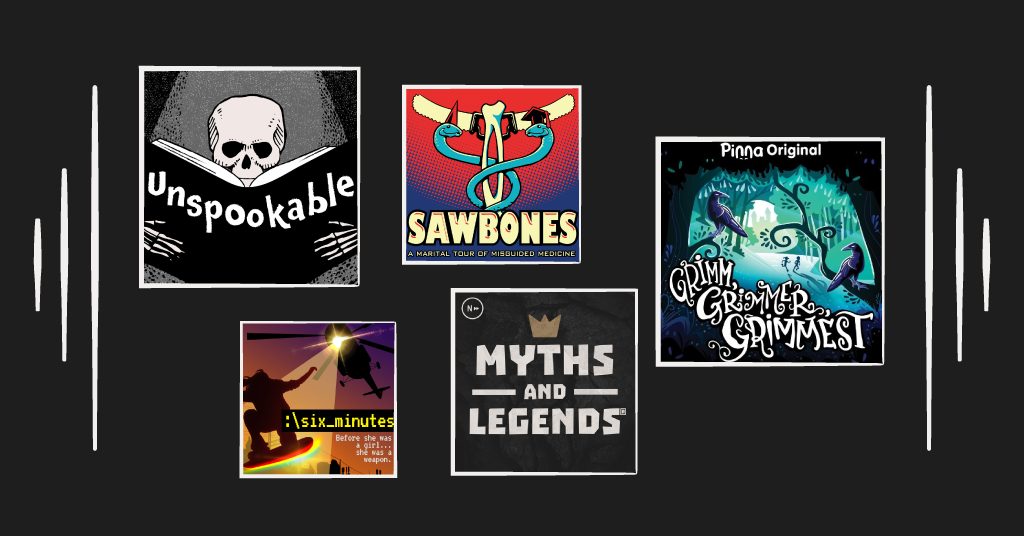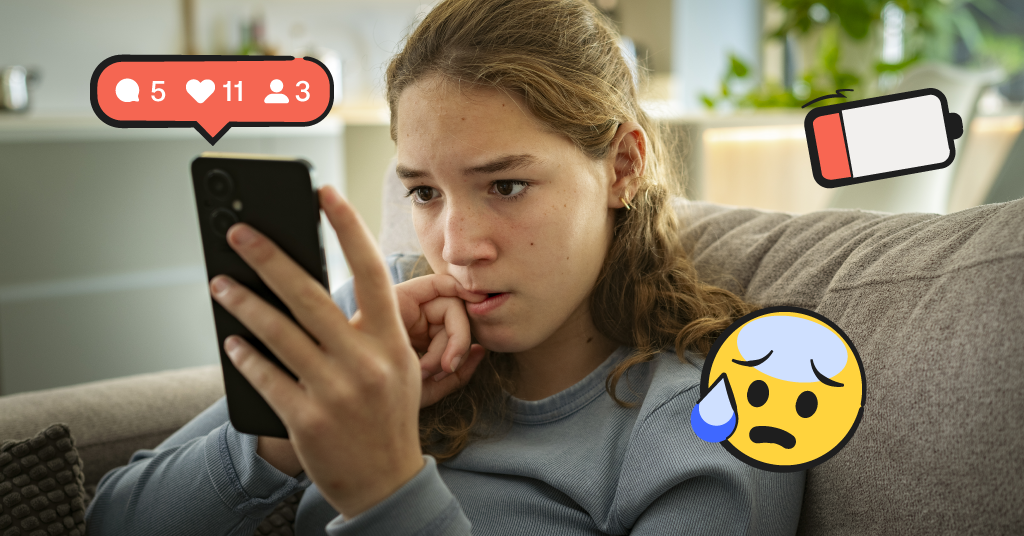
In today's digital age, where social media influences every facet of our lives, the impact on children's well-being is especially concerning. Worrying about sexting, bullying, and online predators can take up the bulk of a parent’s time, but there’s one issue that’s also affecting kids more and more — disordered eating. This blog post delves into the nuanced relationship between children, their eating habits, and the influence of social media on their behavior.
Understanding Disordered Eating
First, let’s talk about the difference between disordered eating and an eating disorder. An eating disorder is an official diagnosis from a healthcare professional, and the symptoms are generally more numerous and more severe. Signs of an eating disorder include:
- Obsessively thinking about food
- Extreme weight loss or gain
- Intense preoccupation with body size
- Interference with daily activities due to calorie counting, lack of food, or exercising.
Disordered eating consists of behaviors that limit food intake and lead to discomfort. Not everyone who has signs of disordered eating will develop an eating disorder, but some will.
Signs of disordered eating may include:
- Emotional eating
- Removing entire food groups from a diet
- Only eating certain foods
- Strict calorie counting
- Labeling foods “good” or “bad”
- Fad diets
How Social Media Can Directly Influence It
Social media isn’t just photos of family vacations and selfies — it also connects individuals with shared interests. Unfortunately, this can also include potentially harmful interests like anorexia or bulimia.
This is what we call a direct influence, and it consists of ways to lose weight or tricks for not eating that some folks may use. It used to be called “#thinspo”, for “thin inspiration,” but fortunately many social media platforms like TikTok have banned this hashtag, and instead redirect searchers to mental health help.
Of course, there are still ways that teens can find like-minded peers online, and when they connect they can discuss their shared interests privately or in small groups. Even boys are being affected by the pressure to lose weight and gain muscle.
Indirect Exposure Can Affect Body Image, Too
Even if your child has no interest in content that promotes disordered eating, they’ll still be exposed to the perfect and polished body images of influencers and friends on social media. Some of these are digital filters, which means that the perfect faces and muscles aren’t even real.
When kids are constantly bombarded with so-called “ideal” beauty standards, the desire to fit in and match them can be intense. This can lead to anxiety and depression as a child struggles to deal with how they present themselves to the outside world. For some, it may lead to disordered eating.
How to Encourage a Healthy Food–Body Relationship
As always, create a safe space for your child so they can feel safe discussing their relationship with food You can also help by being very intentional about the way you talk about food. For example, make sure not to describe foods in terms of morality — calling chocolate a “bad food” and kale a “good food.” Instead, remind your child that it’s great for them to explore new flavors and to listen to their body’s wants and needs.
Remember that while not every eating disorder is tied to body image, there is no downside to encouraging your kid to have a positive relationship with their body, so be proactive about doing so — it can go a long way in negating the connection between social media and eating disorders.
How Bark Can Help
Last year, Bark’s annual report found that signs of disordered eating are more common than you might think: 4.4% of tweens and 15.1% of teens engaged with or encountered content about disordered eating.
Bark can help by alerting you to potential signs of body image or eating disorder concerns in your child’s online activities and can let you set screen time limits for apps to reduce the connection between social media and eating disorders.
Above all, make sure your child knows they can always come to you if they need help, and stay attuned to their mental health so you can check in when there might be a problem.
If you or someone you care about is struggling with an eating disorder, call the National Eating Disorders Association’s hotline at 800-931-2237. You can also text 800-931-2237 or chat with a trained volunteer online. For more information use these helpful resources.
Read more
Bark helps families manage and protect their children’s digital lives.





